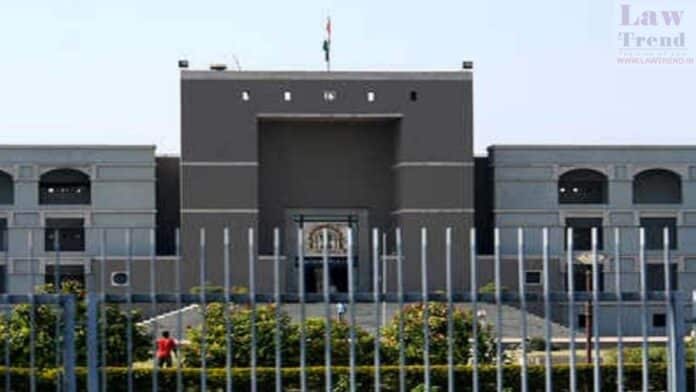In a stern warning against abuse of public interest litigations (PILs), the Gujarat High Court has imposed a collective fine of ₹1.4 crore on seven individuals for filing a “malicious” PIL aimed at cancelling a builder’s development permission without disclosing their own credentials.
A division bench comprising Chief Justice Sunita Agarwal and Justice D.N. Ray dismissed the PIL and levied an exemplary cost of ₹20 lakh on each of the seven petitioners, terming them “unscrupulous litigants” acting out of “personal vendetta.” The order, uploaded on the court’s website on Monday, directed that the penalty amount be deposited with the Gujarat State Legal Services Authority and utilised for the welfare of orphaned children.
“There is no place for such unscrupulous litigants who have not disclosed their credentials in the writ petition,” the court remarked during Friday’s hearing. The bench noted that none of the petitioners had identified their profession or background, despite making sweeping allegations under the guise of public interest.
“Who are these people, nobody knows. What business they are doing, what their occupation is — nothing. They are all independent persons, so ₹20 lakh each,” the court observed orally, stressing that mere inclusion of names in a PIL does not justify its admission.
Referring to PIL norms, the court stated, “The law requires any public interest litigant to demonstrate that they are public-spirited individuals. Without such disclosure, the grievance cannot be entertained.”
The respondent’s counsel argued that the petitioners were chargesheeted in an extortion case linked to the same property and had personal business rivalries with the builder. The PIL was allegedly an attempt to derail a residential-commercial complex project on private land.
Highlighting the misuse of judicial process, the court said: “The relief being sought in the name of public interest actually aims to ventilate personal grievances. You cannot disguise personal grudge as public concern.”
The High Court clarified that if the petitioners genuinely had a complaint about the development permission, they were free to file a writ petition in their own names, rather than cloaking it in public interest.
“The development permission is granted as per rules. Petitioners cannot bypass the standard legal remedies by misusing PILs,” the bench stated.




